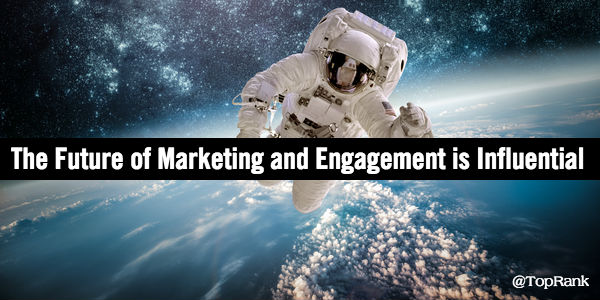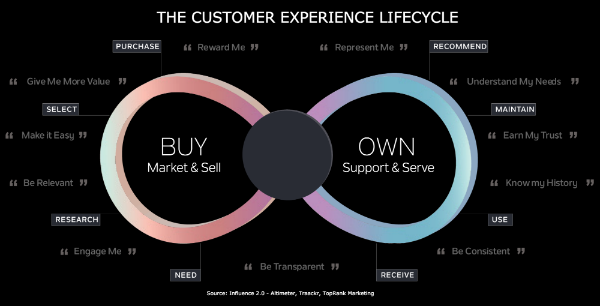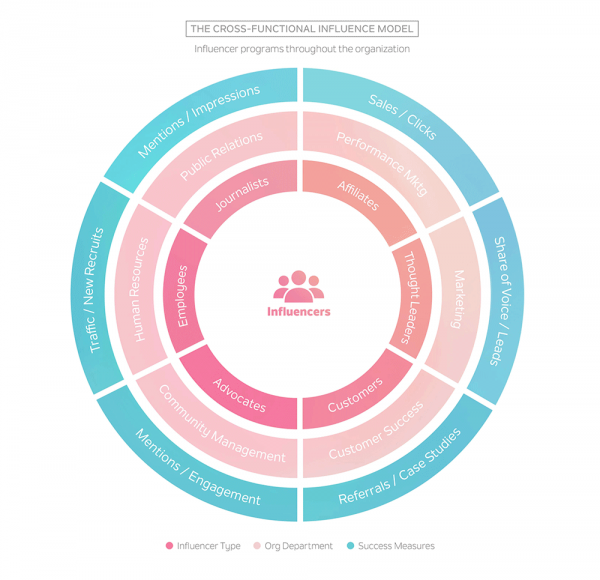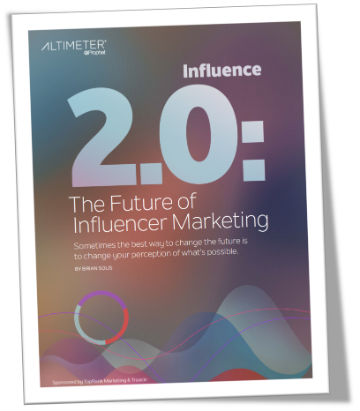
When planning for 2017 and into 2018, many marketers have placed a high priority on customer experience and the content that helps make the best customer engagement happen.
At the same time, companies are challenged to create a variety of engaging content on a consistent basis coupled by the fact that consumers are less trusting of brand communications and advertising.
There are many suggested solutions to the challenges of creating consistent, high quality experiences for customers that range from integrated technology platforms to cognitive marketing applications incorporating big data, artificial intelligence and machine learning. This is one of the key roles that a savvy agency can play for brands: to help develop a digital marketing strategy and corresponding technologies needed.
It’s tempting to focus singularly on technology for solving marketing problems, but the solution to better customer experience and engagement is more about being human than the latest martech solution. In particular, understanding how relationships, influence and content deliver more relevant and engaging customer experiences is essential for differentiation and driving better marketing ROI.
This is where the next evolution of influencer marketing comes in: Influence 2.0.
The field of influencer marketing has grown fast and while some approach the practice transactionally, not unlike advertising, an increasing number of brands are focusing on the long term value of relationships with influencers and the kind of content collaboration that inspires better engagement across the customer lifecycle.
A more human approach to marketing means attention to empathy and a focus on customer experience. Influencers are credible, trusted individuals with active networks and the value exchange of their engagement with the community is where influence originates. Brands can tap into that influence to expand brand reach, create better customer engagement and even improve specific marketing goals like lead generation and increased sales conversions.
According to Influence 2.0, a new research report by Brian Solis of Altimeter Group sponsored by Traackr and my agency TopRank Marketing, 63% of marketers want to improve customer satisfaction through the use of influencer marketing. “The opportunity for consumer engagement spans the entire journey and influencers can play an important role in each moment of truth”, says Solis.
Modern marketers understand that customers don’t move linearly through decisions anymore. Eloqua helped visualize the way to view this new customer journey as an infinity loop, illustrating important moments of truth and opportunities for customer engagement. By plotting the infinity loops across your own customer touch points during the customer journey, you can set the stage for a new model of customer experience management.

To connect with customers in a more meaningful way, it is more important than ever for companies to identify, qualify and develop relationships with relevant influencers of all types to collaborate, co-create and instigate advocacy. I can think of no better focus for these collaborations than through content.

Image: Traackr
In order for marketers to maximize customer experience and business growth opportunities with a more modern approach to influence, here are 5 key insights from the Influence 2.0 report:
MATURITY
43% of marketers are experimenting with influencer marketing. It is still early for influencer marketing for many companies, but given the relationship focus on the best influencer marketing programs, there’s plenty of opportunity. Only 28% of marketers are focused on campaigns and just 24% are implementing ongoing programs. As brands mature their approach, skills and relationships with influencers, companies implementing always on, ongoing influencer marketing programs will increase substantially.
IMPACT
80% of marketers rate content marketing as most impacted by influencer marketing. In discussions about the ROI of brand relationships with influencers, there’s simply no better match than content collaboration for creating measurable, impactful business outcomes. Influence 2.0 supports this with content being rated highest in impact from influencer marketing along with social media marketing and media relations.
GOALS
67% of marketers want to drive lead generation through the use of influencer marketing. Beyond improving brand advocacy, awareness and reaching new audiences, the majority of marketers are also focused on improving leads and sales conversion (74%) through working with industry influencers. Influence plays a role throughout the customer lifecycle and in all relationship-driven brand communications.
DIGITAL TRANSFORMATION
34% of marketers report that CMOs are leading marketing digital transformation initiatives. Companies are prioritizing investments in both customer and employee experience. With CMOs leading the way, it opens many doors for innovation in the humanization of technology. As Solis says in the report, “…the more human marketing becomes, the more digital transformation can also become human.”
INTEGRATION
57% of marketers say influencer marketing will be integrated in all marketing activities in the next 3 years. While only 5% of marketers currently rate the maturity of their influencer marketing program as integrated, the forward looking optimism for the next 3 years towards integration should be a strong signal for the direction that influencer marketing is going. 30% of marketers say Influencer marketing will become a primary area of digital marketing investment in the next 3 years.
Building relationships with influencers through content collaboration delivers mutual value for brands and participating influencers as well as the community that will consume the content. As it is tempting to use technology to solve marketing problems, it has also been tempting for brands to take a transactional and advertising focused approach to working with influencers.
Successful marketers at major brands do not agree with a transactional approach to influencer relationships:

“Focus on a long-term approach rooted in a two-way dialogue”, says Amanda Duncan of Microsoft, “It’s often the phases between campaigns and events that allow you to have in-depth conversations, get valuable feedback and really gain a deeper understanding around what matters to your influencers. Investing this time and valuable resources builds credibility. This credibility and trust with an influencer is key to ongoing success.”

While a relationship based focus takes time, it’s a worthwhile investment according to Dr. Konstanze Alex-Brown of Dell, “Long-term, trust based relationships with shared value creation take time and effort to build and investment to sustain. While results will be measured digitally in reach, impressions, online engagement, there is no shortcut for getting there.”

Moving beyond a singular focus on the brand, value creation can extend to all involved. “When you treat your influencers like clients, as SAP does, it leaves people with a positive feeling and they are going to want to engage with you time and time again”, says Amisha Gandhi of SAP. “When the relationship is mutually beneficial, both parties are going to get the best results out of the engagement with the brand.”
Too often, brands and agencies approach influencer marketing as a short term transaction without realizing there is much more to be gained for everyone involved. The concept of Influence 2.0 that influencer relationship platform, Traackr and our digital marketing agency, TopRank Marketing have adopted, is to help marketers understand an approach to influencer marketing that aligns with the objectives of business, influencers, and customers simultaneously. Influencer Marketing is a relationship business!
By understanding customers, designing programs that matter to them, and then using platforms to partner with trusted influencers, brands can steer buyer impressions, decisions, and behaviors in more useful, productive, and mutually beneficial ways. Make no mistake, the future of marketing and customer engagement involves technology, but to be successful in the short and long term, marketers need to understand the multiplying effect of relationships, influence and content.
A version of this post originally appeared in Brand Quarterly Magazine.
To tap into the full array of research insights, trends, case studies, tactics and a framework for Influence 2.0, download the full report. Influence 2.0: The Future of Influencer Marketing. Connect with our agency influencer marketing services for help with strategy, influencer content programs and performance optimization.



